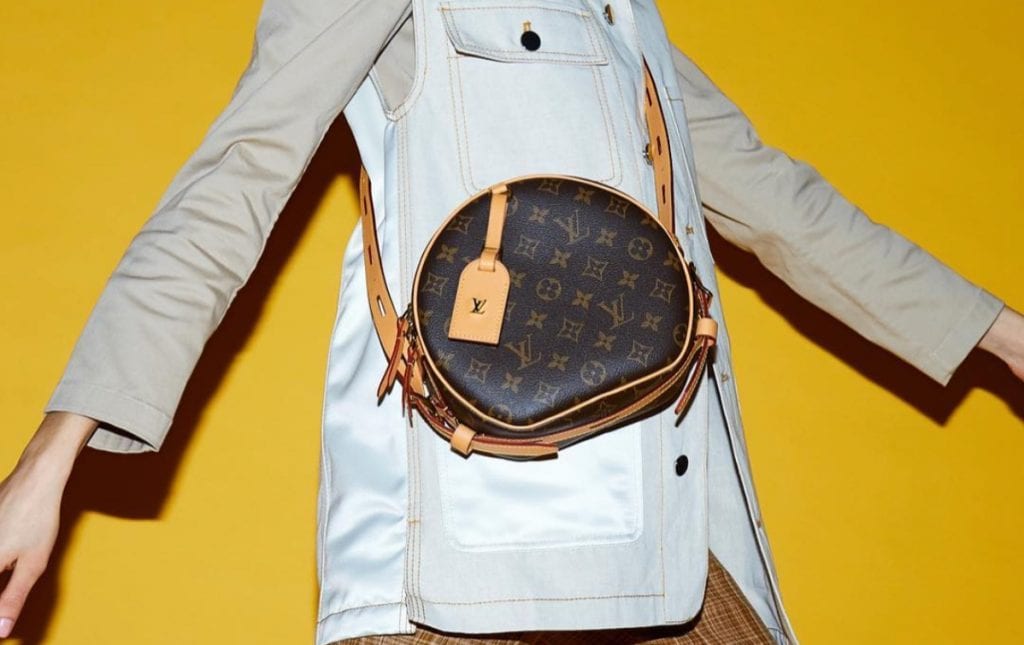On the heels of widespread reports that fashion brands ranging from H&M to Burberry and Louis Vuitton routinely destroy unsold products in an effort to not only rid themselves of these products but in the case of luxury brands, to save face by keeping them out of unauthorized channels of distribution, the French government says that it will enact legislation to “ensure that unsold materials in this sector are not thrown away or destroyed.” The legislative push, which is being pioneered by French Prime Minister Edouard Philippe, is expected to come into force by 2023.
“We can find a viable economic model, and make sure that anything unsold is given away or broken down for re-use. We can avoid the destruction of products that are perfectly good, [as] this is scandalous waste,” Philippe stated early this month in connection with the effort that first made headlines in April 2018 when the French government released its 50-point “Roadmap for the Circular Economy.”
There is expected to be potential exception to what will be a sweeping ban on throwing away or destroying garments and accessories that have not been sold, and instead, a requirement that all brands with unsold stock turn it over to French authorities for re-use or recycling. While the French government will not elaborate, it is being reported that there will be “concessions” made in connection with the budding legislation for high-fashion brands aimed at enabling them protect their intellectual property rights.
This could mean one of two things: that luxury brands will be permitted to destroy counterfeit or otherwise infringing products that come into their possession (which is generally in line with standard practices across the globe), or that they will be able to destroy products from which their intellectual property – such as their trademarks, which include any word, name, symbol, or design (including logos, colors, sounds, product configurations, etc.), or any combination thereof that identifies the goods of one brand and distinguish them from another – cannot readily be removed.
Such an exception is unsurprising given the lobbying power of Paris-based powerhouses like LVMH Moët Hennessy Louis Vuitton and Kering, which together own the majority of fashion’s big-name luxury brands, and generate tens of billions in revenues in France. More than that, the ability of luxury brands to aggressively police their intellectual property and exercise the ability to carefully control their supply chains (and keep products out of the grey market) in order to maintain their aura of exclusivity is integral to success, and thus, lives high up on their list of priorities.
This is precisely why LVMH, for instance, has been shrouded in theories that it manages to keep a tight leash on the leather goods of its marquee Louis Vuitton brand by destroying unsold bags. The internet is rife with articles asserting that in order to avoid selling its well-known bags at a discount and risk tarnishing its image as a luxury leader, the Paris-based brand burns its excess leather goods.
(While LVMH has never commented on whether it utilizes such practices, its most recent annual report seems to suggest that the rumors do, in fact, have some basis in truth: “Provisions for impairment of inventories are … generally required because of product obsolescence or lack of sales prospects.”)
Such a concession – if it comes to be – would prove particularly attractive to luxury brands from a straightforward distribution standpoint; LVMH does not want large quantities of Celine bags being offered up for cheap at T.J. Maxx, for instance, as the company stocks exclusively with a network of authorized retailers. This ties into an even larger concern, though: if luxury brands are not able to control the practical elements of their distribution, they stand to lose ground in terms of their allure/image, which is integral to their ability to operate as luxury brands, particularly since luxury status is largely based more on marketing and positioning, and consumer perception associated therewith, than products themselves.











